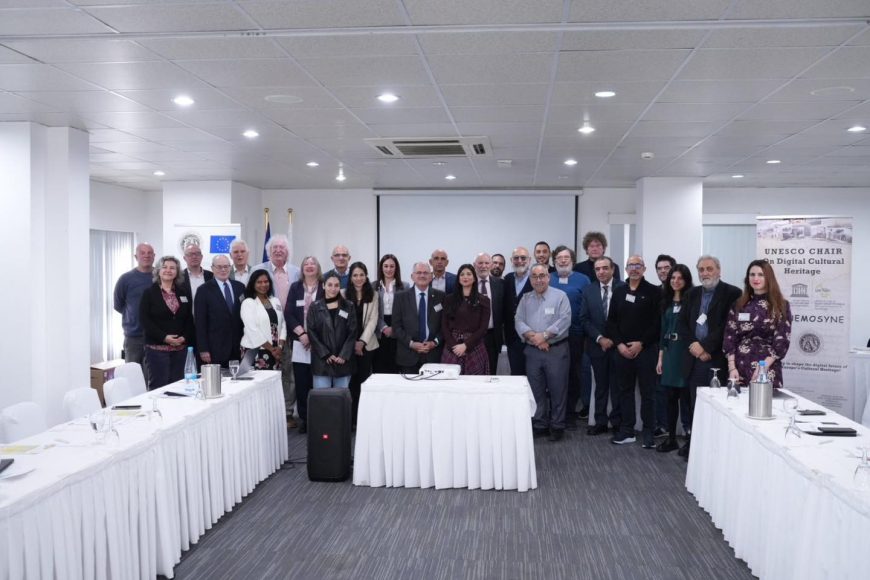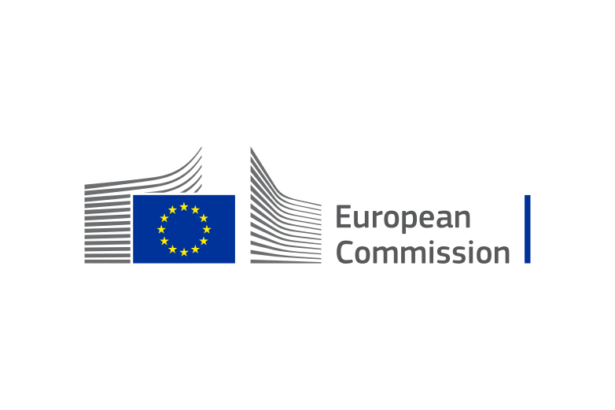On the occasion of the H2020 MNEMOSYNE final event
The EU funded work carried out at the UNESCO and ERA Chairs of the Digital Heritage Lab (DHRLab) at the Cyprus University of Technology (CUT) is very important “not only for Cyprus but for the entire region of the Middle East and the European Union itself”, said earlier this morning the newly elected Vice Rector of Academic Affairs at the CUT, Professor of Communication and Media Studies Nicolas Tsapatsoulis.
Professor Tsapatsoulis was addressing the official opening of the H2020 ERAChair MNEMOSYNE final event which is taking place today and tomorrow at Pefkos City Hotel, Limassol.
“The CUT is looking forward to further developing this hub. As the elected Vice Rector I will support every effort for the creation of an exceptional Centre of Excellence” Professor Tsapatsoulis added.
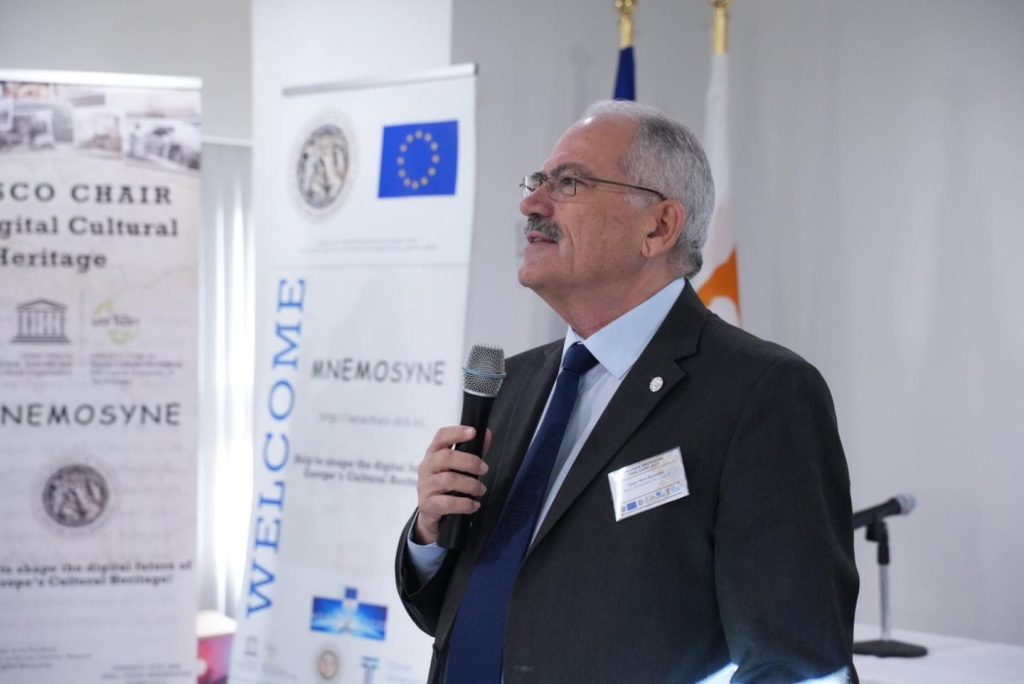
In his own address, Limassol Mayor Mr Nicos Nicolaides congratulated the team who runs the DHRLab for the “breakthrough work” and the “limitless perspectives” they create on the preservation of cultural heritage.
“We are very satisfied that CUT has developed in such a leading university” the Mayor said adding that on behalf of the Municipality “we have an excellent collaboration with the DHRLab which materializes in many aspects, for example on the digitization of one of the last fishing boats of Cyprus, Lambousa and of the landmark medieval castle of the city of Limassol”.
“We are looking forward to extending our collaboration to many other areas”, Limassol Mayor said, referring specifically to the much anticipated and fascinating digitization of the Historical Archive of the Patriarchate of Alexandria in Egypt.
“CUT represents Cyprus abroad with dignity and makes us all proud” said on his behalf the Deputy Ministry of Research, Innovation and Digital Policy of the Republic of Cyprus, Philippos Hadjizacharias.
“Today is a celebration of culture for our region as we have successfully created a platform for cultural heritage”, the Deputy Minister emphasized.
“This is an EU goal that has been materialized through the Europeanna programme focusing on the paneuropean initiative of the digitization of cultural heritage. The CUT with UNESCO Chair in collaboration with the Ministry are in line. I am confident that the preservation and knowledge of cultural heritage can also become a tourist attraction for our country” the Deputy Minister added.
Moreover the two day event is attended by distinguished guests and expertees on interrelated academic disciplines from different countries around the globe.
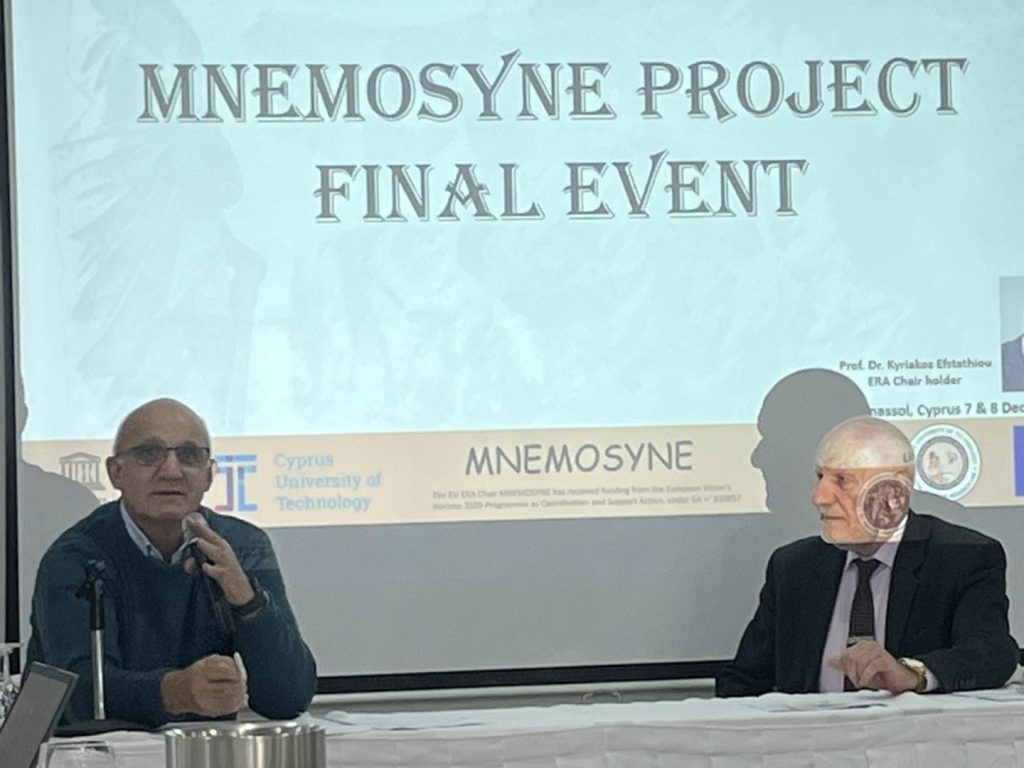
Specifically, the event in Limassol is attended by Dr Janet Anderson of Highbury Research & Development, Ireland, previously Professor of Digital Humanities at the University of Brighton, UK and currently Project Manager of the European Commission’s eArchiving Initiative as well as Dr David Anderson of Highbury Research & Development, Ireland, previously Professor of Digital Humanities at the University of Portsmouth and Chief Financial Officer of the European Commission’s eArchiving Initiative.
The MNEMOSYNE final event is also attended by Mr Thomas Kline, the American lawyer who many years ago handled the famous Kanakaria mosaics case and challenged Turkey for a number of other cases, Ms Catharine Dass, a TechWomen100 Award Winner and Architect at UK Parliament, Professor Konstantinos Tokmakidis from the School of Rural and Surveying Engineering at the Aristotle University of Thessaloniki and Professor Manos Roumeliotis from the University of Macedonia in Thessaloniki who designed the first simulation of the Antikythera Mechanism.
The special attendees list is followed by Dr. George Kakavas, who is the Director of the National Numismatic Museum in Greece, Dr Christodoulos Chadjichristodoulou, who is an archaeologist and Curator at the Bank of Cyprus Cultural Foundation and Dr. Artemis Kannava who is representing the upcoming New Centre on AI for Humanities and Social Sciences at the University of Crete.
Moreover, the Department of Antiquities, Limassol District is represented at the event by Mr. Yiannis Violaris, whereas all the way from Oslo Professor Gunnar Liestol joined the event. Professor Liestol is nowadays using Augmented Reality to bridge the gaps between indoors/outdoors and center/periphery in Cultural Heritage Communication.
Last but not least the event is attended by Dr Nabil S. Itani, a Lebanese architect with a specialization in conservation of old cities and old monuments and who in the past worked with the World Bank on the medieval walled city of Famagusta in Cyprus. Today, Dr Nabil Itani is representing ICOMOS Lebanon.
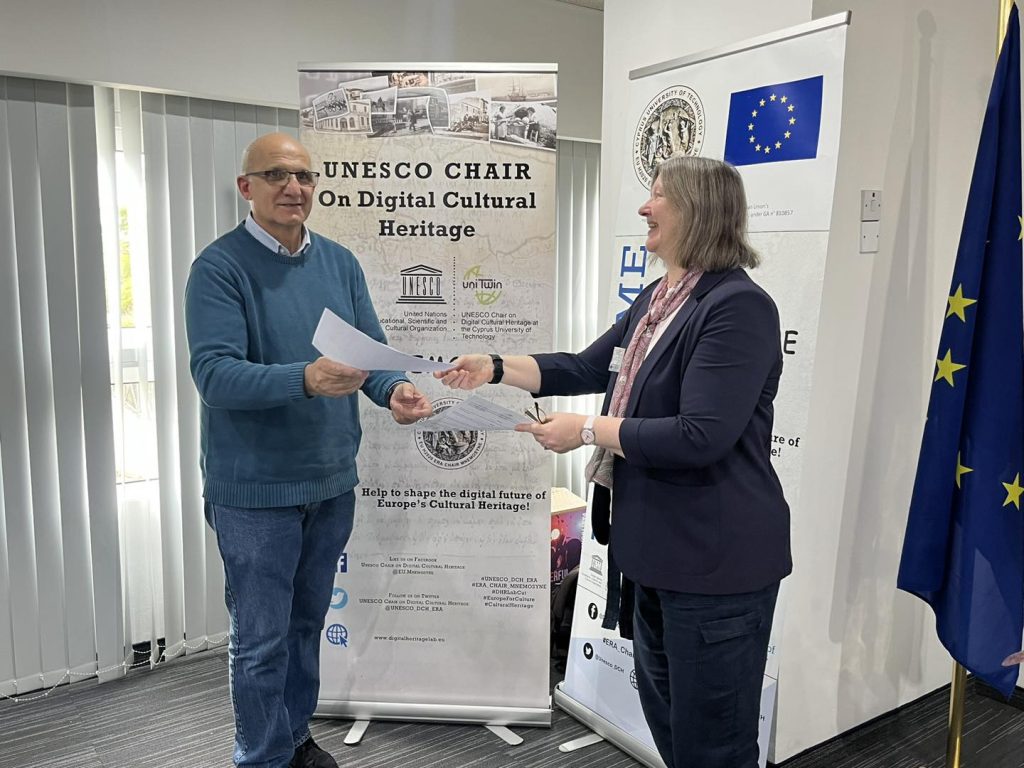
It is important to finally mention that during the first day of the MNEMOSYNE final event a bilateral Agreement was signed between the UNESCO and ERA Chairs on Digital Cultural Heritage at the CUT and E-ARK and the eArchiving Initiative from the European Commission.
According to the agreement, both bodies formally agree to put in place cultural and scientific cooperation in fields of common interest.

